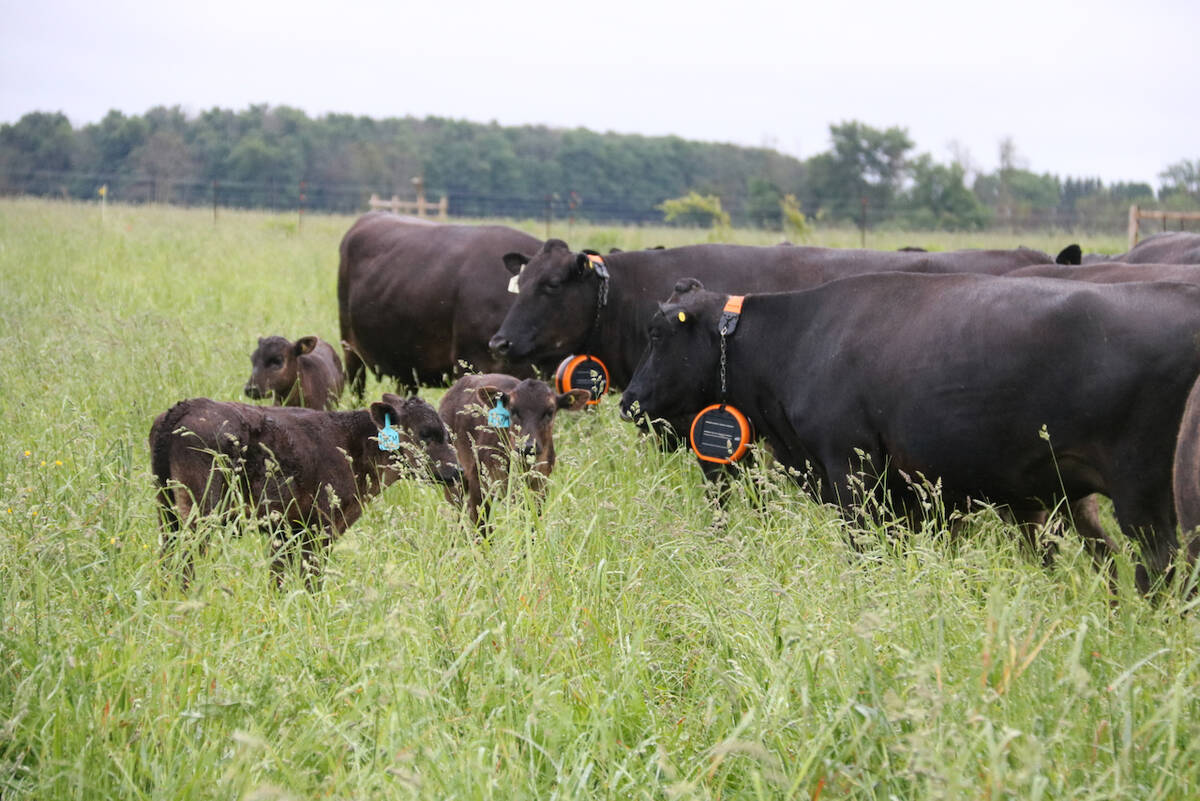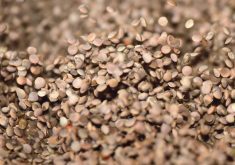Months spent under a hammer of threatened U.S. tariffs have been hard on farmers.
According to one farm mental health advocate, the lack of clarity may be even worse for farmer mental states than confirmed bad news.
U.S. president Donald Trump has been threatening tariffs since before his election win in November — they were part of his campaign and, once elected, he warned that 25 per cent tariffs against Canada could be coming as soon as he got into office. Inauguration day passed without the levies being imposed.
Read Also

How soil fertility management can boost pasture yield by 43 per cent
Learn how soil testing and targeted fertilization can increase pasture biomass by 43%. Expert tips on N, P, and K management for beef cattle producers.
Trump then suggested they could come Feb. 1, which materialized when he announced on that date that tariffs would be imposed Feb. 4. That has now been postponed for another month.
It’s still not clear what border measures — a crux point for the Trump administration on the matter —might convince the U.S. to remove the tariffs.
Merle Massie, executive director of the Do More Agriculture Foundation, said many farmers are concerned about the “domino effect” that tariffs could have on their operations.
“I think we’re always bracing,” Massie said.
“There actually would have been some advantage to knowing sooner rather than later.”
Farmers are actively planning for their next year, Massie noted; it’s hard to do when the future of one of their main markets is up in the air.
The impacts could go on to harm the livelihood, mental health and even the self-image of producers.
“If the tariffs impact a farm in such a way that it actually threatens the financial stability of the farm … it cuts right to the heart of who a farmer feels that they are,” Massie said.
Briana Hagen, chief executive officer and lead scientist with the Canadian Centre for Agricultural Wellbeing, said anticipating uncertain changes on top of the regular stressors of farm life can “push someone’s stress level, if they’re already experiencing some mental health struggle, into a point where they become unwell.”
Planning for the unpredictable
Hagen and Massie both said that as much planning as possible and long-term thinking can help farmers deal with the stress of tariffs.
“Sometimes knowing what’s coming and knowing it as early as possible is actually a mitigating factor,” Massie said.
Hagen said the planning process can bring relief to many farmers, though not all.
“It’s almost like an emergency mental health plan … know where you can access some resources if you’re feeling that anxiety or that stress, and (if) it gets to a level that is, you know, physically also uncomfortable,” she said.
Massie suggested “reaching out to your partners, to your agronomist, to your financial services, having those open and frank conversation, doing some contingency planning.”
“Maybe someone else has some ideas of things that would be helpful, whether it’s their agronomist, their financial services provider or the farm neighbour down the road.”
Hagen also noted the importance of “knowing who your safe people are to you that you feel comfortable talking to.”
This could include other farmers, community members or even church connections.
She said having a two-way dialogue is important.
“Just being aware that you can also ask someone else how they’re doing and have that mental health literacy ramped up.”
As for the more practical side of on-farm planning, Hagen pointed to financial and management resources from Farm Management Canada.
Terry Betker, a farm management consultant and principal of Backswath Management, said he had “no magic answers” on tariffs but suggested farmers “determine what they think the worst-case scenario would be for them in their business and then determine what the impact of that will be on their financial situation.”
From there, he added, “plan from that basis.”
While Massie and Hagen both said the current situation with the United States is a source of stress, they also said Canadian producers faced a similar situation in 2016, when Trump started his campaign against the North American Free Trade Agreement.
Hagen said support systems have changed since then.
“There are farm-informed or agriculturally literate counselors and crisis counselors that can help people in those moments where that did not exist the last time,” she said.
She pointed to Do More Agriculture’s AgTalk program. In Alberta, producers also have the AgKnow program. —With files from Gord Gilmour















